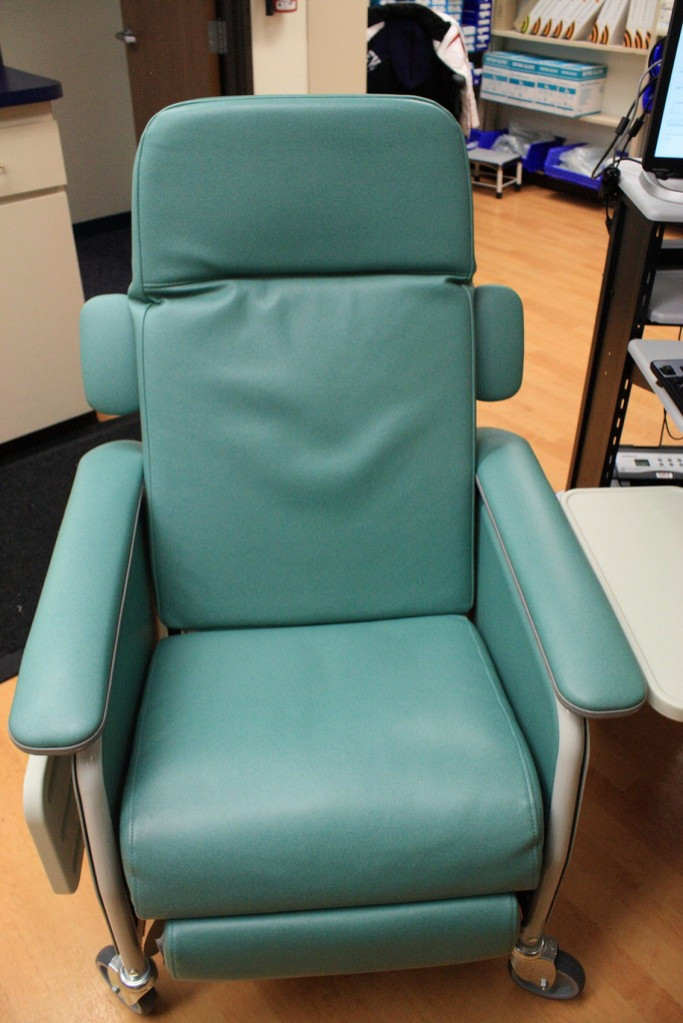Ovarian Cancer Screening: Why It May Harm More Than It Helps

Health experts said this week that women with no unusual risk for ovarian cancer should not undergo regular screening for the disease.
The recommendation, which comes from a government-appointed panel called the U.S. Preventive Services Task Force, is based on a 2011 study comparing women who underwent regular ovarian cancer screening with women who did not.
The conclusion: No new evidence was found on the benefits of screening of ovarian cancer. Screening asymptomatic women can result in unnecessary interventions, including surgery.
This data confirms a similar recommendation made by the panel in 2004.
The panel emphasized that women with risk factors for ovarian cancer should still get screened. Those risk factors could include family history, prolonged abdominal discomfort, and certain genetic variations.
The study results have many asking: If prevention is the best medicine, how could experts recommend that women don't get tested for ovarian cancer?
According to CNN health expert Otis Brawley, we simply do not yet have a reliable screening test for the disease. Today's ovarian cancer screening relies on a blood test that searches for the presence of Cancer Antigen 125 (CA 125), a protein that loosely coincides with ovarian cancer cells.
The problem is that elevated CA 125 is very often present in the absence of ovarian cancer. In fact, it turns out that the vast majority of women who test positive for CA 125 will not have ovarian cancer.
Furthermore, of those women known to have ovarian cancer, only half of them have elevated CA 125.
Brawley crunched the numbers, and he calculated that if you use CA 125 to screen 100,000 women for ovarian cancer, you'd be likely to find 3,900 with elevated CA125 -- but only three of them would have ovarian cancer at a still-curable stage.
Three lives saved might sound worthwhile at face value, continued Brawley, but let's look at the harms of screening. Most of the 3,900 women will get further testing. This consists mostly of ultrasounds and CAT scans. Several hundred will need to get laparoscopy or more invasive abdominal surgery for evaluation. This is the area of greatest concern.
Some of those women who undergo abdominal surgery, especially those over the age of 65, will likely suffer complications. Some of those complications could lead to death. And those fatalities due to complications of unnecessary medical procedures could very well outweigh the number of lives saved by screening in the first place.
In other words, regular ovarian cancer screening for women who are not at risk can do more harm than good.
Moving forward, recommends Brawley, we need to find a better way. What we need is a test that flags fewer people who do not have the disease as suspicious of having the disease, he said. It would be even better if the test found more than half of the women who have the disease. Screening also works better in cancers that tend to stay localized for longer periods of time. Many ovarian cancers spread throughout the abdomen very early in the life of the cancer when the tumor is still very small.
For now, experts still recommend that women undergo regular preventative checks for other conditions including breast cancer and cervical cancer.
© Copyright IBTimes 2024. All rights reserved.






















